Learning through imaginary play has long been recognised as an important component of child development. As far back as the late nineteenth Century, studies have proven an association between role play and mental and behavioural development in babies and young children.
In the 1890’s American psychologist and educator, Granville Stanley Hall focused on childhood development and evolutionary theory. Hall was the father of the Child Study Movement. This movement initiated an interest in the developmental, mental and behavioural world of babies and children. But how exactly does pretend play help benefit babies and young children?
“There is no activity for which young children are better prepared than fantasy play. Nothing is more dependable and risk-free, and the dangers are only pretend”
‘The Importance of Imaginary Play’, 2004, Vivian Gussin Paley.
Developing social skills
Role play is an extremely social act. Given that success at school has been largely pinned on a child’s ability to positively interact with their contemporaries and adults, developing social skills is imperative in young children. All walls of reality are broken in imaginary and role play as children pretend to be something or someone different from themselves.
In being assigned and accepting different roles and then acting them out, this type of play practises both verbal and non-verbal communication skills. When children group together and practice imaginary play, they negotiate roles and mutually agree different terms.
This helps youngsters develop the skills they need to socialise and cooperate with their peers. They learn how to control impulses and how to respect the decisions of others. Which is a central aspect of sound social skills.
Communication and language skills
Imaginary play and role play typically involves verbal communication. hen children participate in dramatic types of play, they copy and practice the words they have heard others saying. This ultimately helps develop vocabulary and language skills.
In addition, children are aware that in order to participate well in the game they need to listen to others. This helps in order to respond and follow the game in an appropriate manner. Not only does this type of play promote the use of speaking but it also promotes collaborative and listening skills. Not to mention the art of conversation with ones imaginary friends! ;-)
Cognitive development
Make believe play involves children recalling pictures they have built up in their mind from past experiences. Children will recall their mum paying for goods at a supermarket. With imaginary play children recreate these scenes they have built up in their heads.
This helps them practice solving problems that are often part of these pretend scenarios. In observing, discovering and carrying out deductive reasoning, pretend play is critical for cognitive skills and helping children build the ability to solve problems and draw their own conclusions.
Physical development
In pretending to be someone or something else in a theatrical way, pretend play can help develop a child’s gross and fine motor skills. From putting their character’s costume on to putting the props away when the game has finished, role play builds hand-eye coordination as well as developing visual discrimination.
What toys can help bring imaginary play to life?
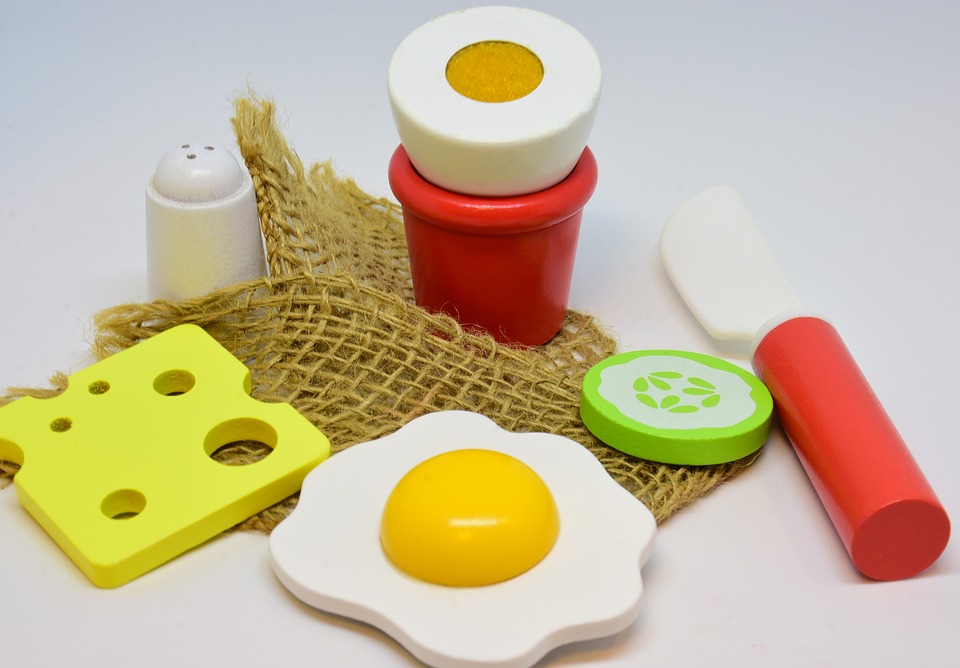
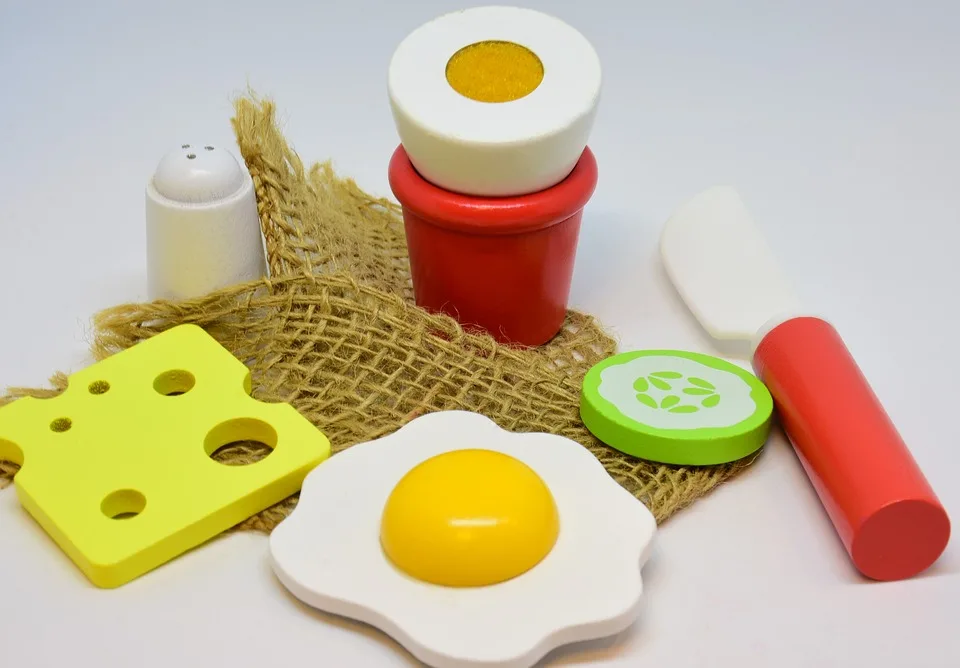
Play kitchens
For instance, pretending to be dad cooking in the kitchen has long been a firm role play favourite. With their toy hobs and microwaves, play kitchens provide the perfect prop to let children’s kitchen-inspired imaginations run wild
Play shops
Play shops with pretend food, cashiers, shelves and money never fail to ignite excitement in children as they act out being shop assistants and customers. Therefore, as well as being a great way to encourage interaction and communication, play shops with their pretend money can also help develop numerical skills. In promoting mathematic understanding, play shops are great preparatory aids for pre-school children.
Dolls houses
Dolls houses have fascinated children and adults alike for centuries. With their miniature furniture, intricately decorated interiors and moveable roofs, children can have hours of fun playing with dolls houses. In re-enacting real-life scenarios in the home, dolls houses are a fabulous place for children’s imaginations to soar.
Here are some more great toys to help with play – why not take a look?
We hope this post has been helpful and given you ideas to aid your child’s development. If you enjoyed this post you may also like these posts from KiddyCharts:
If you liked this post please sign up for our newsletter! You will be the first to know about other parenting tips, free printables, and even some great giveaways!
Thanks for reading and we hope to see you in the next post!
Helen
This post contains Amazon affiliate links.
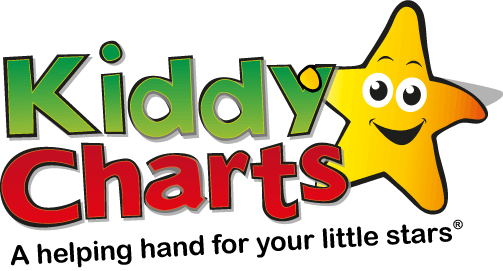
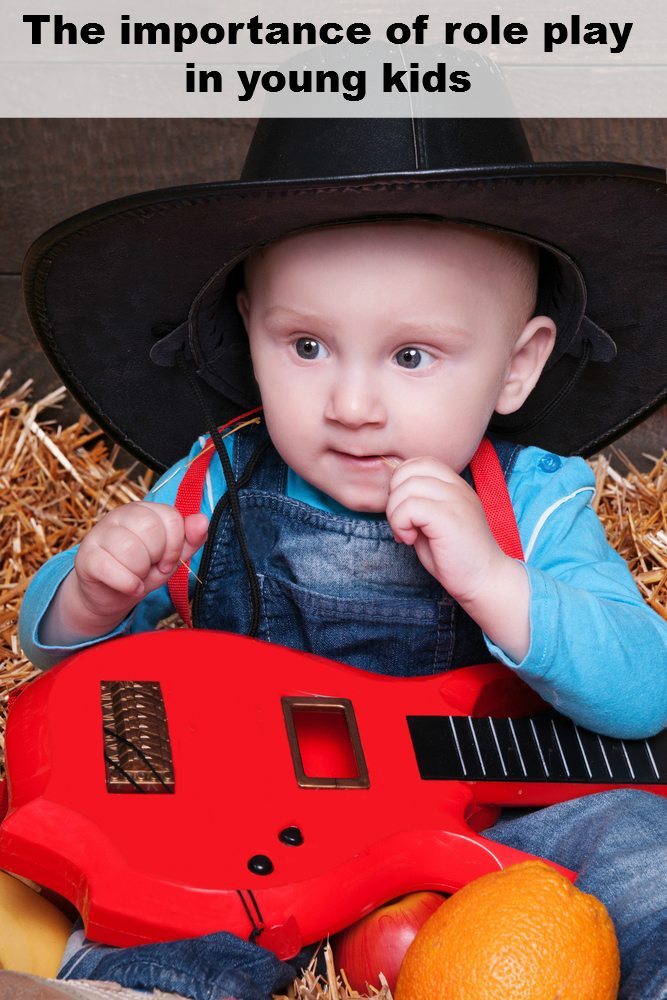



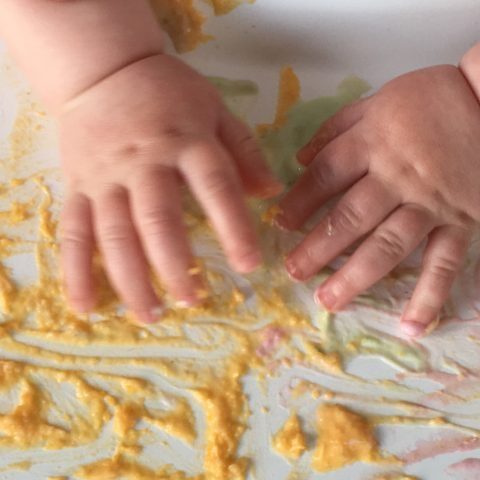



Quarshie Alexander
Sunday 2nd of August 2020
Great! It's going to be very help. Sounds so professional. Thanks.
Leanna Boyle
Wednesday 19th of June 2019
I have Asperger’s syndrome and role playing made me anxious. I am a literal and black and white thinker so I don’t understand the concepts of imagination.
Tori Ve
Monday 18th of April 2016
Wow. I am definitely going share this with a few of my friends. Very cool information.
mishal khan
Friday 19th of February 2016
i m glade to see your article. thanks for sjhearing us great article.
eric
Monday 28th of October 2013
Yes, I do agree. Children need to be teach more than just academic skills. Role play can develop their creativity. Moreover, it can make you possible to see how your children seeing you as parent from their role play behavior. Children usually loves to pretend as parent, what they do or talking during the role play is what they see and learn from you. It can be undeniable advantage and learning for you to be a better parents